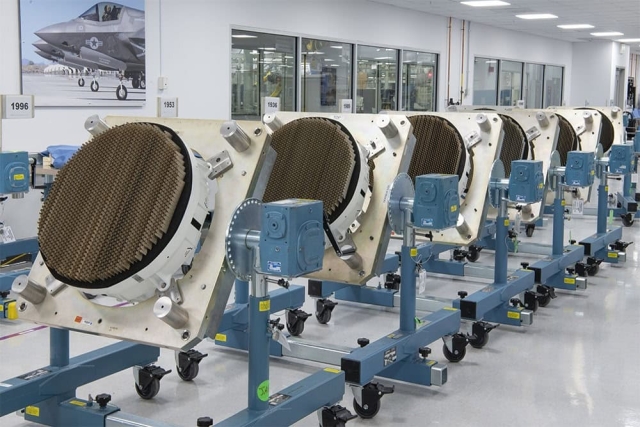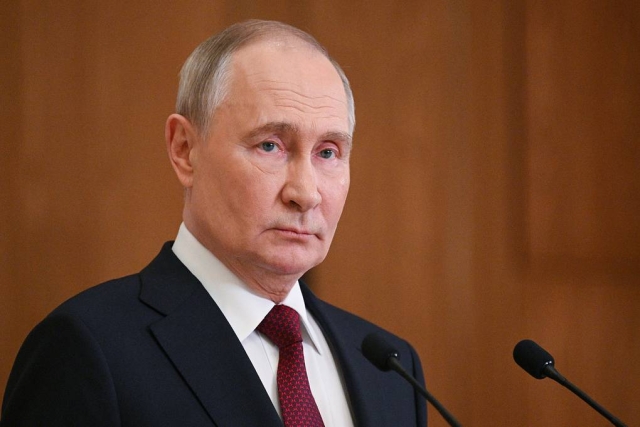China Bans Korea from Exporting Defense Products to U.S. Containing Chinese Rare Earths
China has, for the first time, weaponized export controls to punish a third country—South Korea—for trading defense goods with the U.S.

China has prohibited South Korea from exporting any defense-related products to the United States if they contain Chinese-origin rare earth minerals, marking a new front in the intensifying trade standoff between Washington and Beijing.
The restriction, reported by The Korea Economic Daily, was implemented in early April 2025. It specifically targets six heavy rare earth elements and rare earth magnets used in advanced defense applications. These materials are critical for making components such as jet engines, drones, guided missiles, and sensors. Chinese officials have instructed both South Korean companies and the government to ensure that none of these materials make their way into U.S.-bound defense exports.
According to industry sources, Beijing has directly notified at least two South Korean transformer manufacturers to stop exporting any power equipment containing Chinese-sourced rare earth metals to U.S. military contractors. The notice, described by Korean executives as unprecedented, also warned of potential sanctions for companies that fail to comply.
“If the ban is ignored, China may stop supplying South Korea with rare earth minerals altogether,” the report said, raising alarm in Seoul about a possible supply shock. South Korea relies heavily on Chinese imports for these critical raw materials, making the country’s defense manufacturing sector particularly vulnerable.
This is the first known case of China applying export control measures to a third country—South Korea—based on that country’s trade with the United States. The decision is seen as part of Beijing’s response to recent U.S. tariffs on Chinese products and forms part of a wider strategy to pressure key American allies in Asia.
Earlier this month, China also tightened export controls by requiring special licenses for the sale of certain rare earth products. These new approvals take up to 45 days to process, making it nearly impossible to maintain steady supply chains for high-demand defense items.
In a written warning to Korean firms, Chinese authorities emphasized that violations could lead to regulatory actions, though the specific nature of those penalties was not disclosed. Korean companies fear that a broader ban on rare earth exports could follow, impacting not just defense but also semiconductors, electric vehicles, and battery production.
A South Korean government official confirmed that similar notices have been sent to firms in other strategic sectors such as aerospace, display manufacturing, and medical devices—industries that are heavily dependent on Chinese-supplied minerals.
Han Ah-reum, a senior researcher at the Korea International Trade Association, said, “Beijing has been refining its export control policy since 2020, and the current measures reflect a new level of enforcement. Korea is being forced into a difficult position between two economic giants.”
China currently refines all global supplies of the six rare earth elements in question and manufactures over 90% of the world’s rare earth magnets. These components are essential for military, automotive, and consumer electronics industries worldwide.
The U.S. has previously expressed concern about its reliance on Chinese-made components in critical systems. Analysts say the latest move is likely to deepen efforts in Washington to diversify supply chains and reduce dependence on Chinese materials.
The trade tension comes amid broader U.S.-China rivalry that is spilling into high-tech and defense sectors. As China restricts trade with U.S. military-linked firms and retaliates against American tariffs, countries like South Korea are increasingly caught in the middle.












